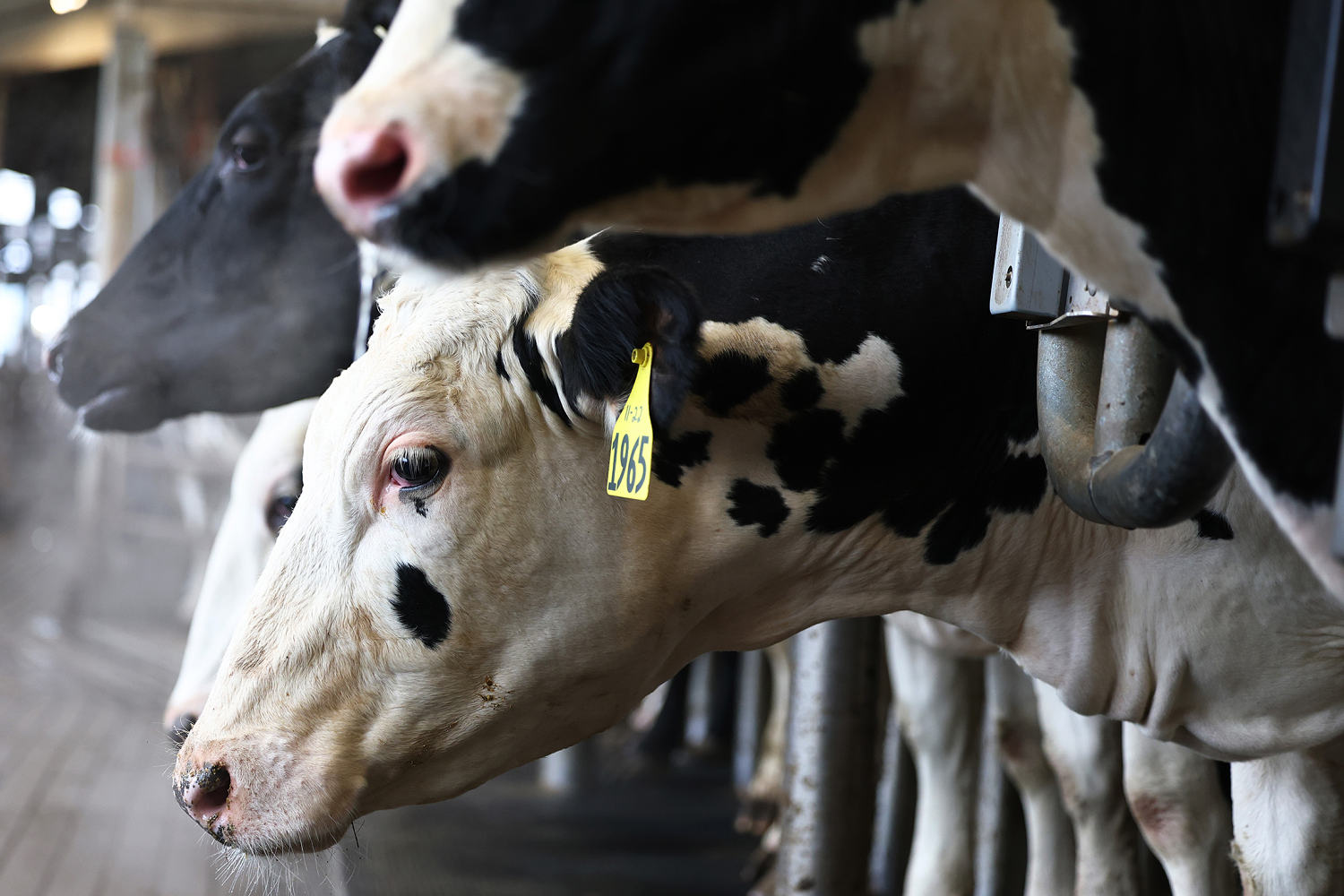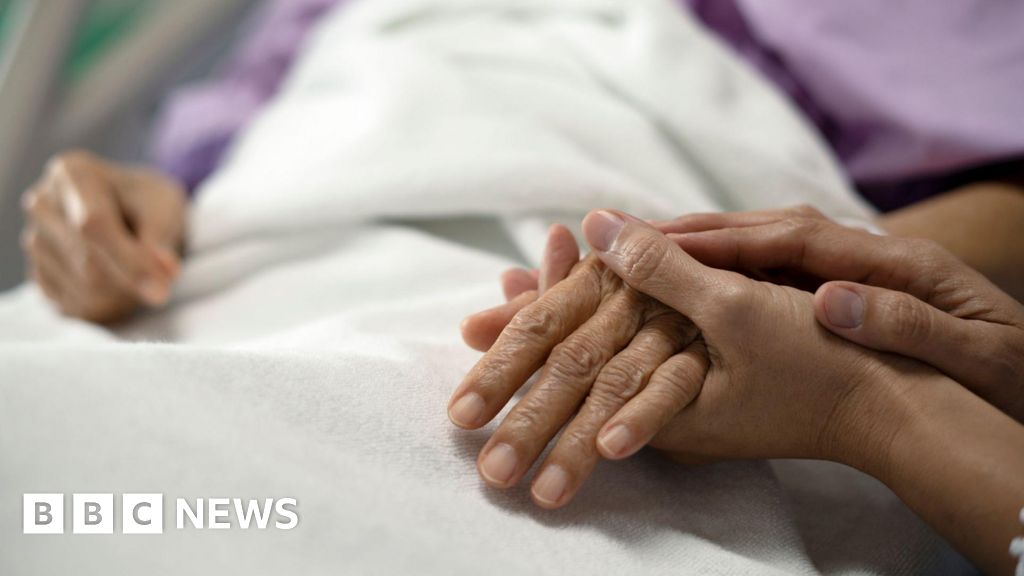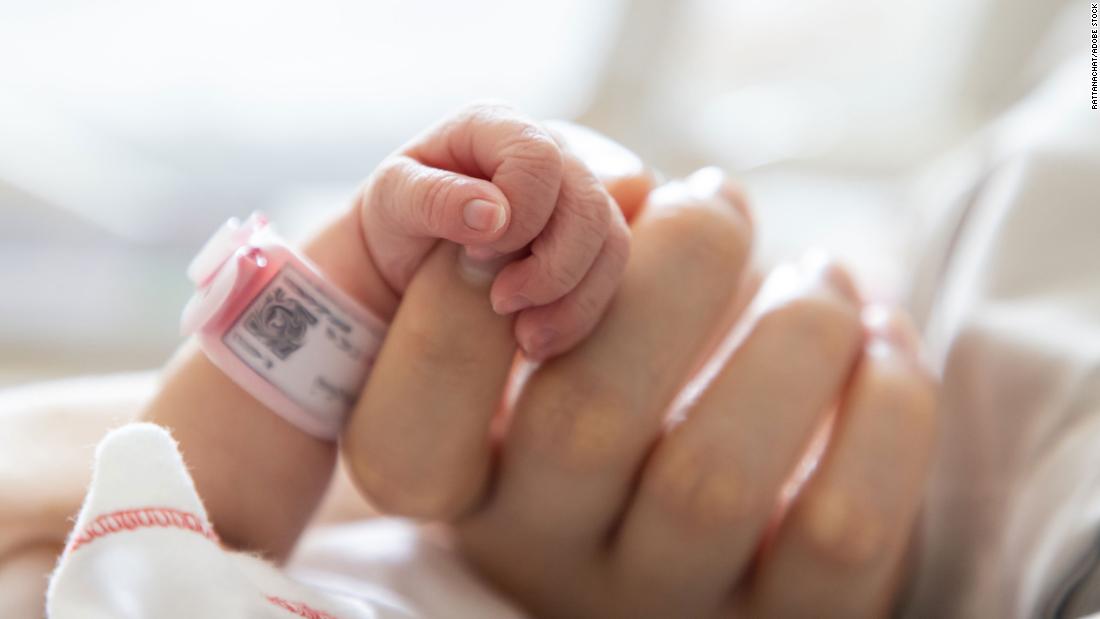There’s an E. Coli Outbreak in Organic Carrots
The recall includes whole and baby organic carrots.


NEW YORK — An outbreak of E. coli has infected dozens of people who ate bagged organic carrots, and one person died from the infection.
Altogether, 39 people were infected and 15 were hospitalized in 18 states after eating organic whole and baby carrots sold by Grimmway Farms, the federal Centers for Disease Control and Prevention said Sunday.
Grimmway Farms, based in Bakersfiled, California, has recalled the carrots, which included whole and baby organic carrots sold in bags under multiple brand names including 365, Cal-Organic, Nature’s Promise, O-Organics, Trader Joe’s and Wegmans, among others. [time-brightcove not-tgx=”true”]
The carrots are no longer in stores, but the CDC is warning consumers to not eat recalled bag carrots and to check their refrigerators or freezers and throw away any carrots that fit the description. Most of the infected people live in New York, Minnesota and Washington, followed by California and Oregon, although infections have been reported in states throughout the country, according to the CDC.
Read More: Are GMOs Safe? Breaking Down the Science of Science-ified Foods
There have been several E. coli outbreaks in recent months. In October, more than 100 McDonald’s customers were sickened by an E. coli outbreak in the U.S. linked to slivered onions. In the U.K., one person died in an E. coli outbreak in June linked to lettuce that sickened at least 275 people. Organic walnuts sickened consumers in 19 states with E. coli infections in April.
Despite the number of recent outbreaks, experts say the food supply is generally safe, although there hasn’t been much progress in curbing infections caused by E. coli.
The recalled organic baby carrots have best-by dates ranging from Sept. 11 through Nov. 12, according to the U.S. Food and Drug Administration.
Symptoms of E. coli infection usually start three to four days after eating the bacteria and include severe stomach cramps, diarrhea, which is often bloody, and vomiting. People with severe symptoms of an E. coli infection should seek medical attention and tell the provider what they ate, the CDC said.
The bacteria E. coli can cause serious and sometimes fatal infections in young children, elderly people and those with weakened immune systems, according to the FDA.
What's Your Reaction?






















































































































.gif)